Cats are full of personality, and while some love to cuddle, others are much more independent and would rather be left alone. If you’re looking for a cat who will enjoy snuggling up on the couch with you each night, then you may have luck with one of the more affectionate cat breeds. They tend to be highly social and happy to spend lots of time with their family. If you’re ready to add to your household, consider one of these five most affectionate cat breeds. You might just find that cat who loves to cuddle and who will happily spend time with you throughout the day.
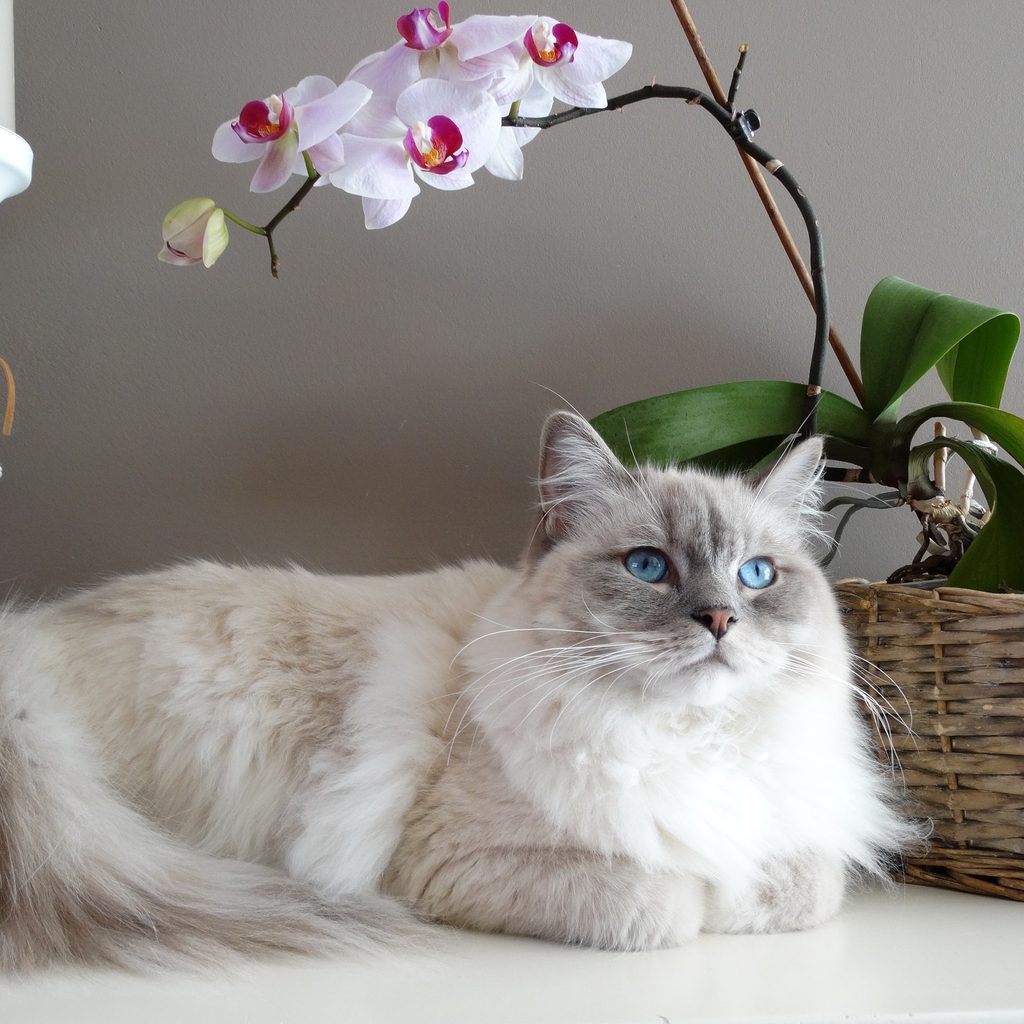
Ragdoll
If you’re looking for a cuddly lap cat, you can’t go wrong with the Ragdoll. This breed is known for its unusually laid-back nature and generous affection. These lovable cats tend to go limp when you pick them up — just like a ragdoll. They’ll often happily let you carry them around the home, position them in your lap, or sit them down next to you on the couch.
The Ragdoll is a cross between the Persian and Birman breeds, and it has the best qualities of both. This fluffy breed has plenty of hair, so be prepared to spend some time grooming your new best friend. Ragdolls also have striking blue eyes, making this affectionate breed even more charming.
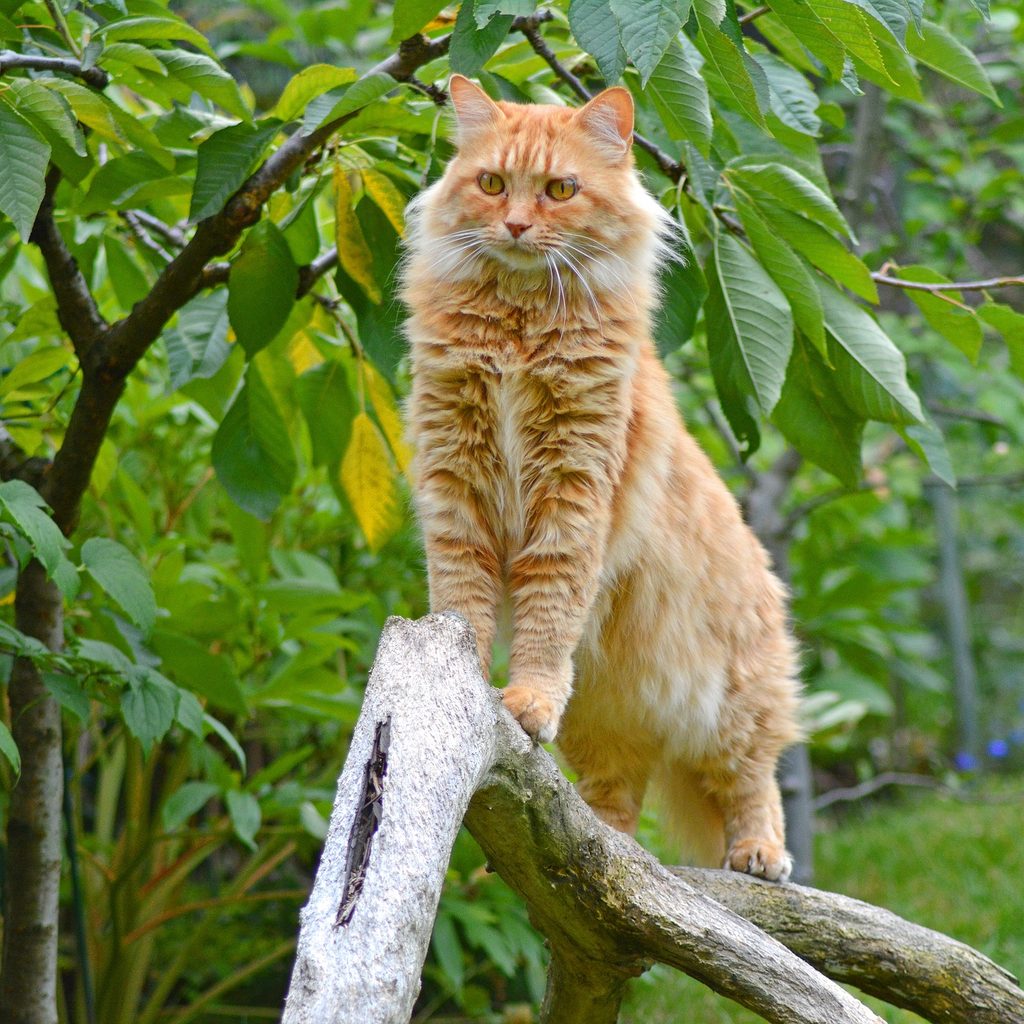
Maine coon
Big, fluffy, and super friendly, the Maine coon is a family cat who tends to form strong bonds with its people. This breed has a personality that matches its size, giving these cats a huge presence in your home. The Maine coon tends to be highly social and talkative, so be prepared to often hear your cat voice his opinion even as he cuddles into your lap.
Fairly laid-back and nonaggressive, Maine coons bond well with humans and pets and tend to get along well with just about everyone. They’re quite smart cats and are always up for some exploration and playtime. These curious kitties will get into just about everything, thanks to their confidence and outgoing nature.
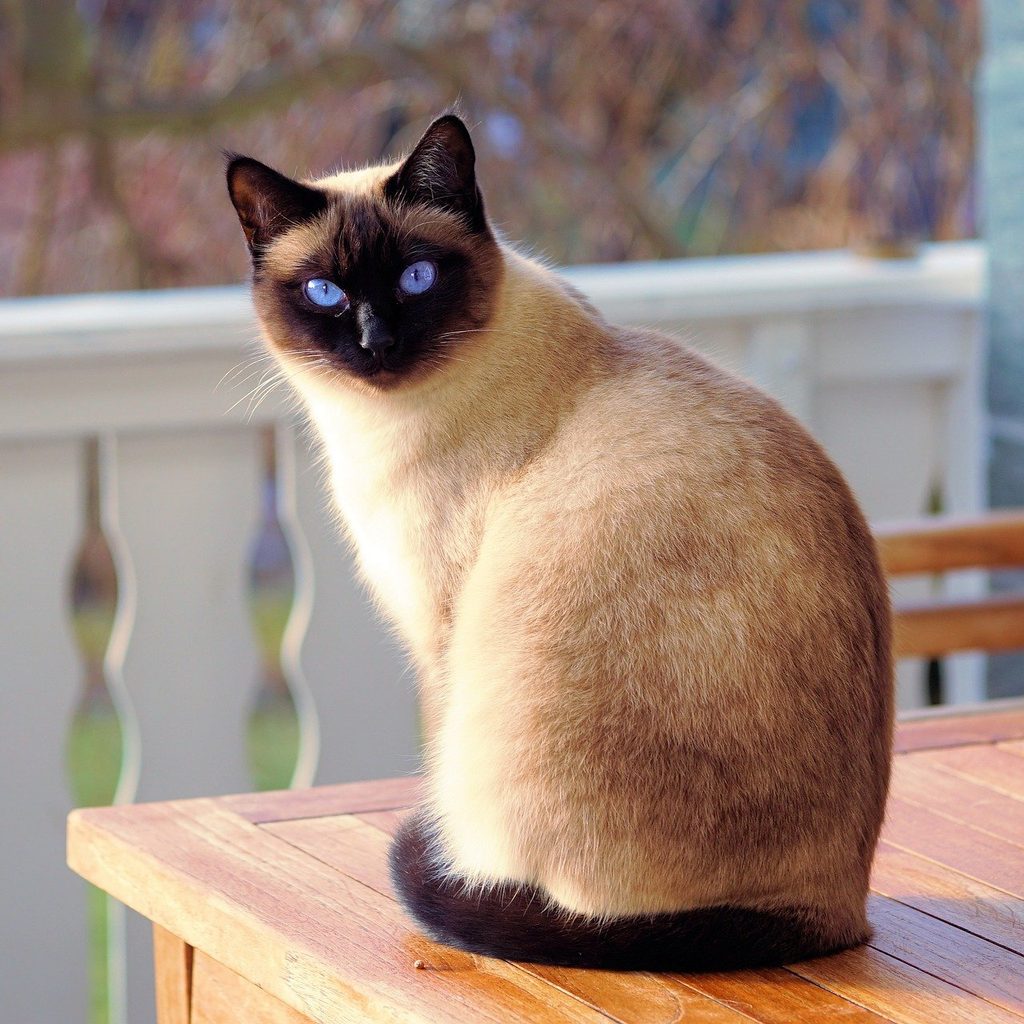
Siamese
If you’re looking for a highly social cat and don’t mind one who’s extra talkative, then consider a Siamese. This breed is highly intelligent and a natural conversation starter. A Siamese is likely to enjoy hanging out on the couch with you or climbing in your lap, since these affectionate cats bond strongly with their families and love having companionship.
The Siamese is a sleek, athletic cat that needs plenty of mental stimulation. You’ll want to have lots of cat toys around and will need to spend some time interacting with and playing with your cat every day to keep him entertained. Don’t worry, though — all that playtime will leave your cat tuckered out, encouraging him to snuggle with you each night.
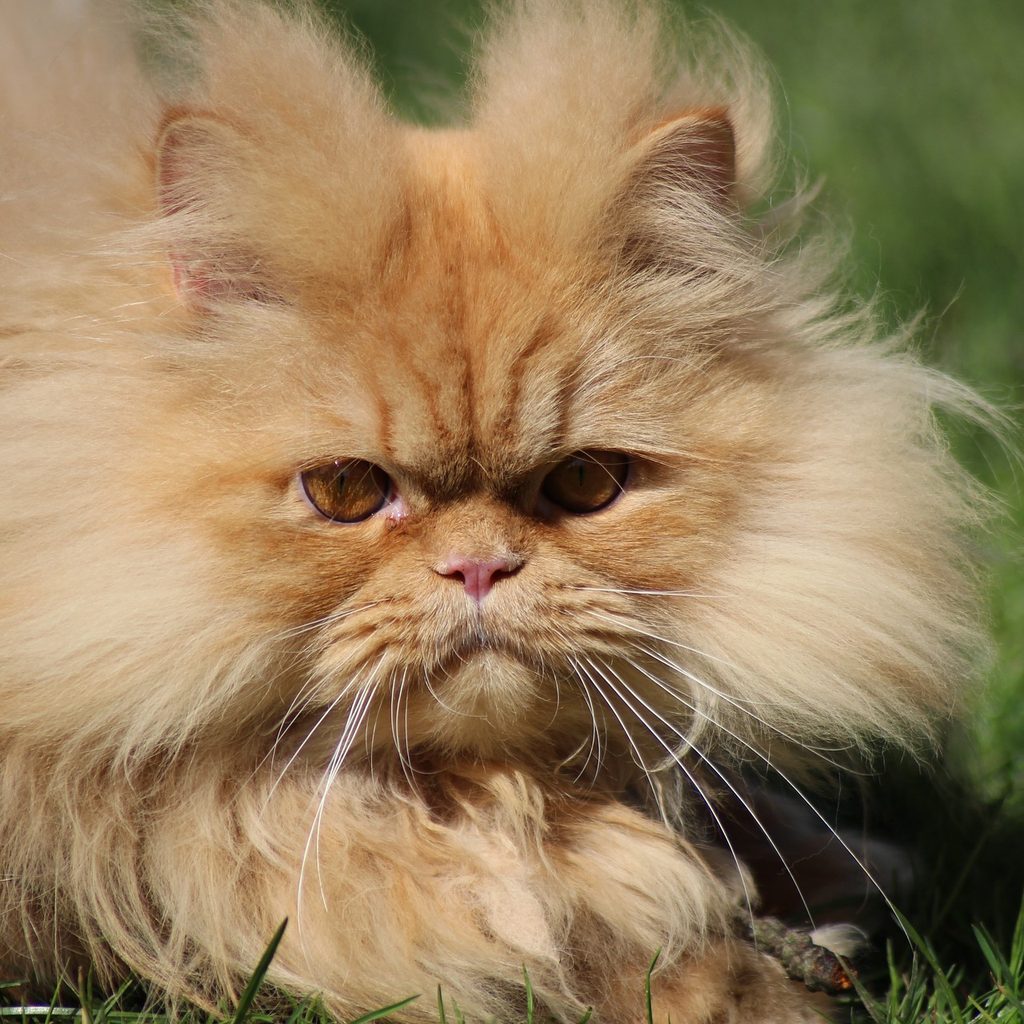
Persian
Known for their laid-back, docile nature, the Persian is a quieter breed who’s perfectly happy to sleep on your lap for hours. Persians often do best in quieter homes and tend to bond closely with their family members. They’re one of the more relaxed cat breeds, and they spend lots of time napping and picking out the most comfortable spots in the house. This breed does have a long coat and some facial folds, so be prepared to spend some time grooming your cat — but this also serves as valuable bonding time.
The Persian may be quiet and largely laid-back, but this breed still knows how to play and will periodically get active and run around. While this breed does love attention and companionship, Persians also tend to be independent enough to not demand your attention all day, every day.
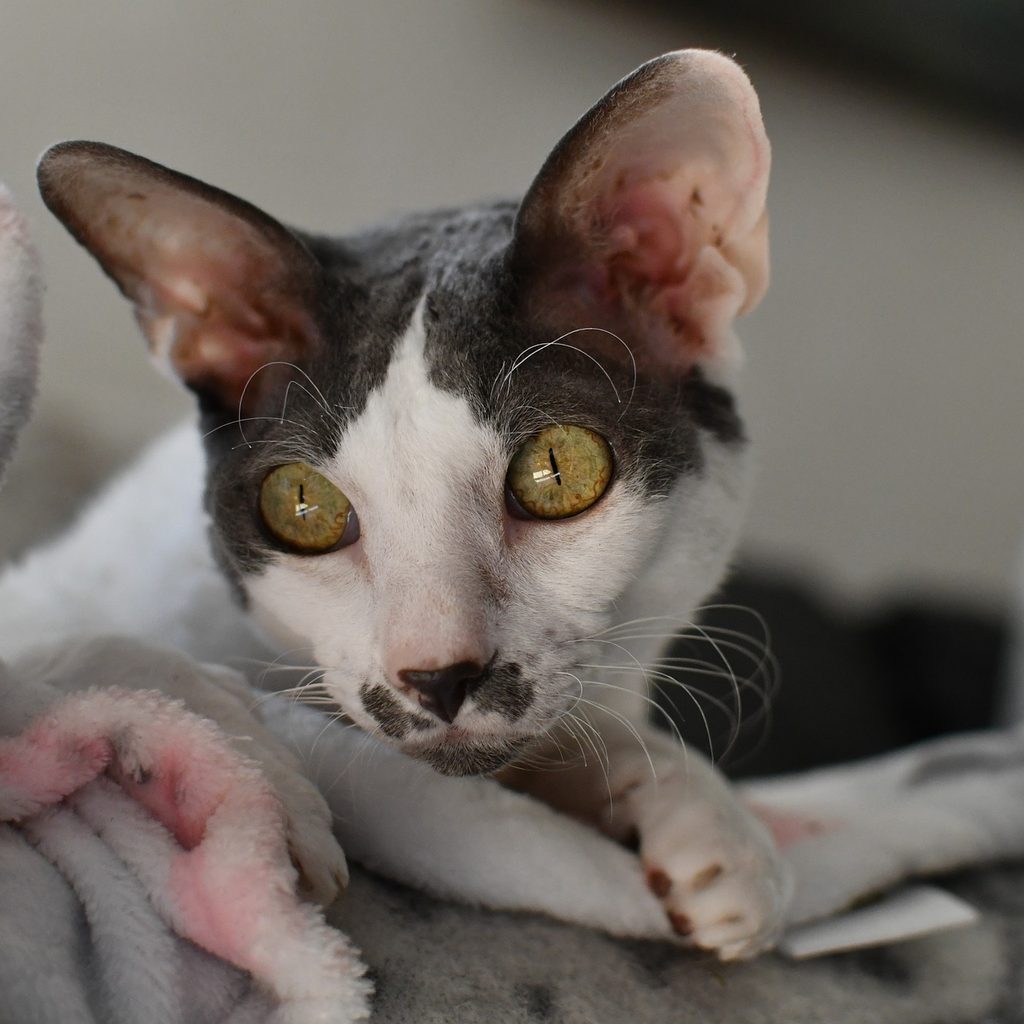
Cornish rex
Playful and friendly, the Cornish rex is usually more than happy to cuddle with its humans. This breed features a distinctive short, wavy coat like that of a rex rabbit. The Cornish rex is usually thrilled to be a part of the action and the center of your attention. These cats can be highly vocal and outgoing, so they’re often a good fit for families with kids and other pets.
While the Cornish rex may have an unusual-looking coat, this breed isn’t a hypoallergenic cat. That short coat leaves these cats prone to sunburns, so your Cornish rex will be better off indoors where he can socialize and bond with his family.
If you’re looking for an affectionate cat, these cat breeds are a good place to start, but remember that a breed isn’t the only thing that will determine whether a cat likes to cuddle with you. Individual cats all have their preferences and habits, so you may get a cuddler or a more independent cat who prefers his space. You can increase the chances of your cat enjoying snuggling up with you by learning to read his body language and taking time to bond with your cat while he’s young. Consider getting some cozy blankets and catnip to encourage your cat to join you on the couch each night.


